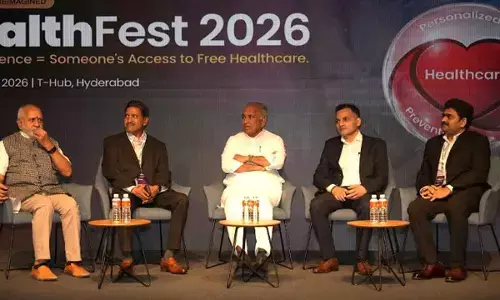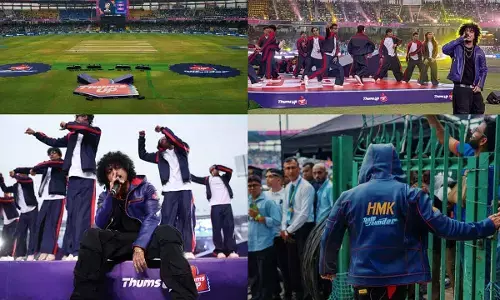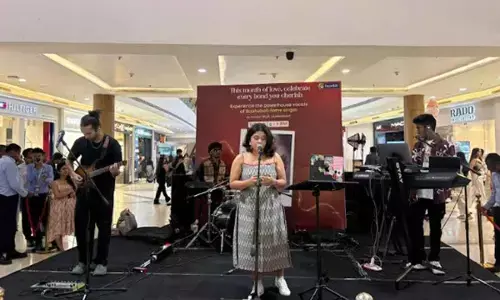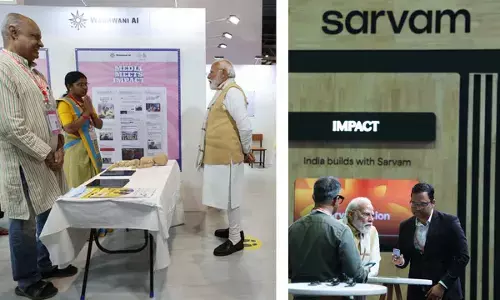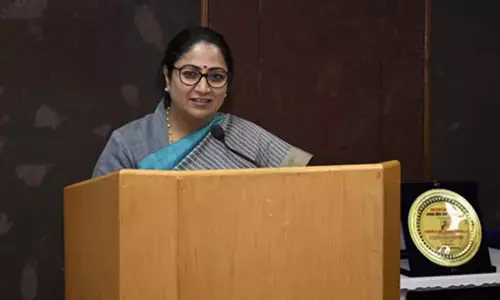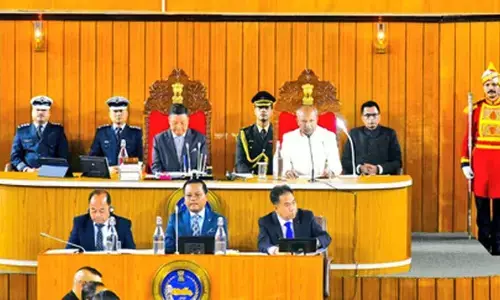No Sermons, Only Action Please, Milord!
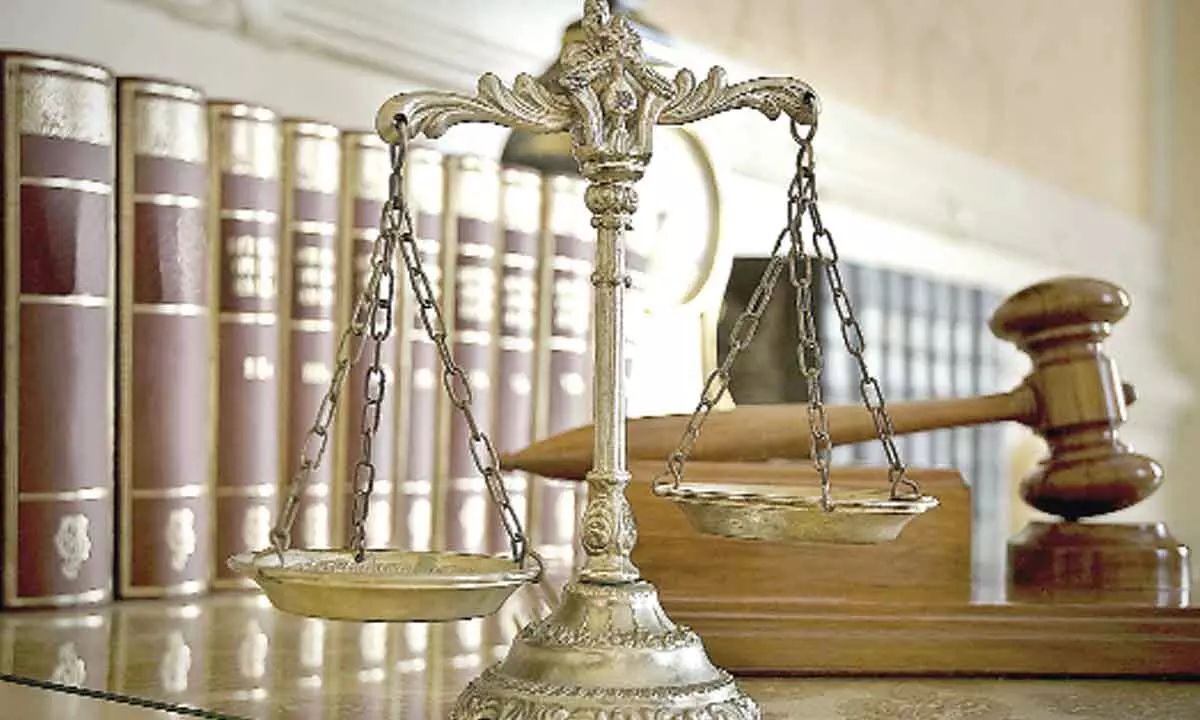
Come August 26 and the Chief Justice of India N V Ramana will retire. However, before demitting the office, on August 17 he will hear a public interest litigation seeking ban on the announcement or distribution of freebies as electoral promises by the political parties before an election and cancelling registration of such political parties who violate such ban.
Come August 26 and the Chief Justice of India N V Ramana will retire. However, before demitting the office, on August 17 he will hear a public interest litigation seeking ban on the announcement or distribution of freebies as electoral promises by the political parties before an election and cancelling registration of such political parties who violate such ban.
The issue shot in the limelight after the Prime Minister Narendra Modi recently expressed himself against the distribution of ' Revdis' or freebies. Several petitions seeking the ban on distribution of public money as freebies in order to lure voters by political parties are awaiting hearing.
No doubt the issue of giving false promises by the political parties in order to win the elections is a serious one and deserves to be discussed and debated nationwide by all stakeholders. However, as the CJI himself has clarified there is nothing wrong in announcing the public welfare schemes by political parties if and when they come to power but announcing such bonanza just to lure voters and thereby capture power is certainly objectionable.
In fact, time and again demand has been made by the well-meaning people that all promises made in a manifesto of a political party should be considered as ' contracts' between the concerned political party and the people ,that is, the electoral college and any breach of the promises made in the manifesto should be viewed very seriously. Further, such breach of electoral promises should be made a punishable offence under the
Representation of People Act and, on this ground, alone the concerned party should be de-recognised and election of its members should be declared as null and void.
Thus, the fear of de- recognition and disqualification alone, shall deter the political parties from making false promises just to capture power and form a government either at the Centre or at the State.
The CJI's concern is understandable in the sense that no political party or the government should be allowed to fritter away public money. It is equally true that public money must be utilised for the welfare of the people especially the under privileged class. In the name of democracy, unbridled freedom cannot be given to political parties to fool the people at large. However, the obiter dicta expressed by the CJI in course of hearing of the matter that the Court would not consider de-recognising such political parties who may be found violating the proposed guidelines, waters down the very purpose of the PILs. Allowing a party to field candidates for elective posts even after it indulges in giving false promises without imposing punishment would be a worthless exercise.
Any judicial intervention, indeed, should result into a definite judicial pronouncement. Mere erudite debates for days together on an issue of national importance without passing a binding judicial order, will be of no use. As it is, the judiciary has been over-burdened with crores of cases at different levels. Therefore, indulging in just an academic discussion without any hope of reaching at an enforceable decision will be of no consequences. Such an exercise, though bountifully brilliant would be a sheer waste of time.
Therefore, in the interest of the country and our great democracy it would be better if the Honorable Supreme Court takes the matter in the right perspective. The election laws as they are today, make corrupt electoral practices as offence. What needs to be done now is to illustrate and explain vividly the instances of corrupt electoral practices, which of course, should include sweeping promises offering huge booties to the people in order to garner votes.
Indeed, if the CJI is able to achieve this, it will be his best farewell gift to the nation.
SC ON COMPASSIONATE EMPLOYMENT
The apex court bench comprising Justice K M Joseph and Justice Hrishikesh Roy by a judgment dated August 2 in Suneel Kumar Vs State of UP has held that the words " suitable employment" occurring in Rule 5 of Dependents of Government Servants Dying in Harness Rules , 1974 must be understood with reference to the post held by the deceased employee. The court added that the superior qualification held by a dependent cannot determine the scope of the words " suitable employment".
In the instant case, the father of the appellant was working as a sweeper borne in Class-IV post. Following the precedent set in its earlier judgment in State of Uttar Pradesh and Others Vs Premlata (2022) 1 SCC 30, the bench clarified that the superior qualification held by a dependent cannot determine the scope of the words " suitable employment". The appellant son in this case is a graduate with computer literacy, was offered the post of sweeper, the post held by his deceased father. However, the appellate rejected the offer and sought appointment as Gram Panchayat Office, a post which is borne on the cadre of Class- III post.
ALLAHABAD HC ON SECTION 372 CrPC
The Allahabad High Court has reiterated that an appeal filed under Section 372 of CrPC is not maintainable if it is filed seeking the enhancement of punishment awarded to the accused.
The Section 372 of CrPC provides a right to the 'victim' to move an appeal on three grounds, viz: 1. When the accused person(s) have been acquitted; 2. When the accused person(s) have been convicted for a lesser offence; and 3. Where inadequate compensation has been imposed by the Court (s).
The division bench of Justice Vivek Kumar Birla and Justice Vikas Budhwar , relying upon the apex court's ruling in the case of Parvinder Kansal Vs. State (NCT of Delhi), (2020) 19 SCC 496 held in Archana Devi Vs. State of U.P and Others that no appeal can be maintained by the victim under Section 372 of Cr.P.C on the ground of inadequacy of sentence.
TSHC GETS 6 NEW JUDGES
According to a notification published by the Department of Law and Justice on August 12, six advocates as recommended by the Supreme Court Collegium have been appointed as the Judges of the Telangana High Court at Hyderabad. Of this, four advocates have been cleared for appointment as Judges while two advocates have been cleared for appointment as additional Judges for a period of two years.
The four advocates cleared for appointment as Judges are: Enugula Venkata Venugopal @ E.V Venugopal, Nagesh Bheemapaka, Pulla Karthik @ P Elamadar; and Kaja Sarath @ K Sharath. The two advocates cleared for appointment as additional Judges for a period of two years are: Jaggannagari Sreenivas Rao @ J Srinivas Rao; and Namavarapu Rajeshwar Rao.
The Telangana High Court has a sanctioned strength of 42 Judges. As on August 1 the TS-HC is functioning with 27 Judges. After filling up of six more vacancies, the High Court still will have 9 vacancies.
KILLERS OF DHANBAD DIST & SESSIONS JUDGE AWARDED LIFE TERM
The Special CBI Judge, Dhanbad, Rajni Kant Pathak, on August 6 convicted to life imprisonment Lakhan Kumar Verma and Rahul Kumar Verma, the accused in the sensational murder case on July 28 last year in which Additional District and Sessions Judge, Dhanbad, Uttam Anand was deliberately knocked down by an auto-rickshaw. He suffered severe injuries and later died during the course of treatment. The duo was charged for offences under Section 302 and @01 read with Section 34 of the IPC. The Court clarified that the culprits shall be kept behind bars till the end of their lives and they shall undergo rigorous imprisonment for life without any remission and commutation till their last breath.


